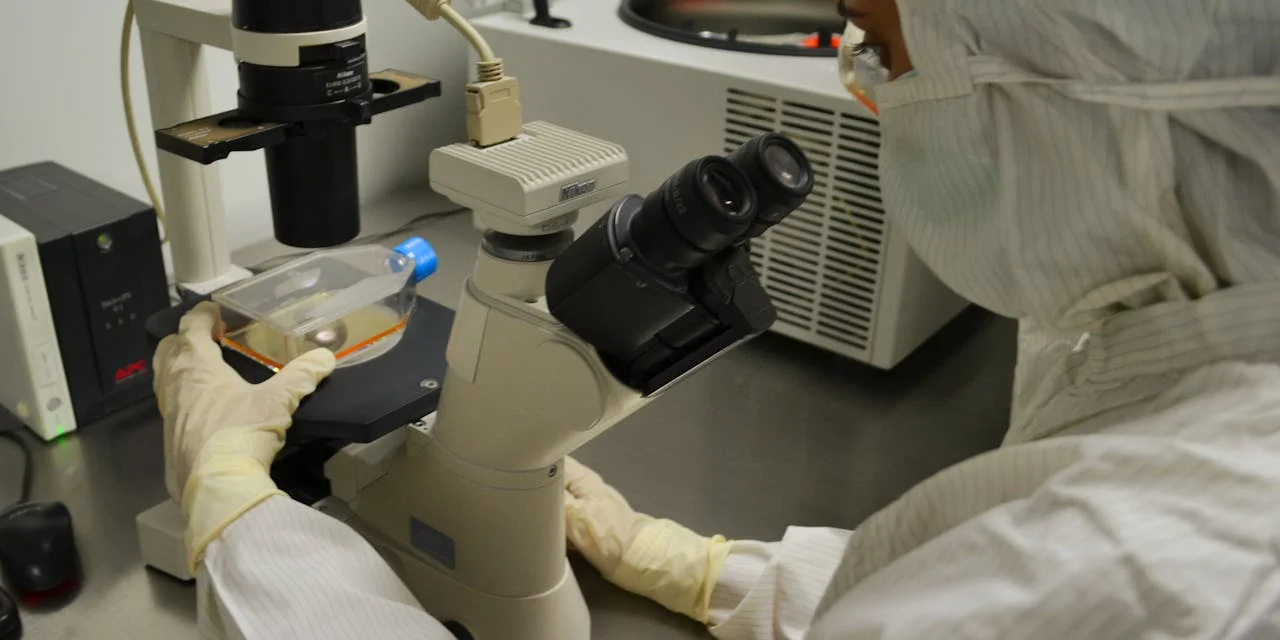
Labcorp, a leading provider of cutting-edge laboratory services, has unveiled its latest breakthrough: a test capable of detecting phosphorylated tau 217 (pTau217) in the blood. This innovative biomarker serves as a crucial tool in diagnosing Alzheimer’s disease and monitoring patients undergoing novel therapies.
Alzheimer’s disease presents a formidable global health challenge, with an estimated 6.7 million Americans currently affected—a number projected to soar to 13.8 million by 2060. The pTau217 marker has already proven invaluable in Alzheimer’s drug trials, aiding in the monitoring of patients receiving anti-amyloid therapy.
Labcorp’s introduction of the standalone pTau217 test represents a significant enhancement to its Alzheimer’s testing portfolio. This addition complements existing blood-based biomarker tests, including the Beta amyloid 42/40 ratio—a nationwide offering for clinicians (also available in Europe as a CE-marked assay)—and the Neurofilament light chain (NfL), which gauges disease severity by measuring levels of neurodegeneration.
Moreover, Labcorp offers the ATN Profile, a comprehensive assessment tool combining three key biomarkers: Beta amyloid 42/40, NfL, and pTau181. This profile equips physicians with a readily accessible blood test to evaluate pathologies associated with Alzheimer’s disease and other neurodegenerative conditions, expediting diagnosis and intervention.
Dr. Brian Caveney, Labcorp’s Chief Medical and Scientific Officer, emphasizes the significance of this milestone: “The introduction of pTau217 represents a significant milestone in our ongoing commitment to advancing testing capabilities across the spectrum of Alzheimer’s disease. By expanding our suite of blood-based biomarker tests, we are empowering clinicians and pharmaceutical companies with more tools for clinical trials and for the detection and monitoring of Alzheimer’s to improve patient care.




